Excerpt from Sordidez |
| ¡Niña de Zamarramala, Recuerda a tu anciana madre Que no descansó bailando Hasta conquistar el Alcázar! ¡Ay, niña de Zamarramala, No te olvides de tu madre! |
| Daughter of Zamarramala, Remember your ancient mother who did not rest dancing until the Alcázar fell. Oh, daughter of Zamarramala, Don’t forget your mother. |
The menfolk dance and honor them all, the women of the town. Young men swing huge banners in a flag dance that awes and inspires everyone. They swirl and flap flags bigger than them. The sound of the flapping adds to the music of the fife and drum corps. The crowds applaud the dancers and their artistry with the flags.
The procession is solemn, with a fife and drum group leading the way. The sculpture of Santa Águeda is carried by women. Shouts of “¡Viva Santa Águeda!” greet the saint along the procession route. It’s Santa Águeda, she of the martyr complex who remained a virgin, even after life in a brothel, she who has saved the day for so many, the truly milagrosa, miracle worker—as many who pray to her attest. She is the patroness of women who are breastfeeding or who have mastectomies due to breast cancer; she seems to adapt to the times, indeed! It is an old fiesta, an old story made current. Santa Águeda, not as famous as Lucía, with her eyes on a platter. Agatha holds her breasts, bloody and puffed up like cupcakes on a tray. Symbols of her sacrifice, her martyrdom. The infidels came but she wouldn’t budge, wouldn’t succumb, and she paid for it with her life. It’s a long story a woman tells Nena: La pobre de la Santa con su martirio, the saint’s martyrdom. In her glory, she died for God.
In this town the women remember and celebrate. All pray to Santa Águeda, and a priest blesses the breads shaped like her breasts that will be part of the special meal. In this town they dress in traditional costume from head to toe: a white embroidered shawl, a manto or mantilla framing the face. A kind of mitre called a montera holds the mantilla in place—elaborately
The ritual burning of the pelele, a man in effigy, is part of the fiesta, an obvious reference to the desire to end the machismo that reigns in these lands. Nena thinks of the burning of the zozobra in New Mexico. Although at
Only women dance while the men play the sones with drum and flute. Nena befriends an older woman and her daughter—both are dressed in traditional dress for the occasion. They introduce her to the two alcaldesas, and Nena congratulates them, explains what she is doing. She photographs them as they walk, dance, and lead the way to the church.
The alcaldesas invite Nena to join them in the private meal. All the town’s married women—whether dressed as Águedas or not—go into a large room that could be the church hall or the town’s meeting place. The only man allowed for the ceremonial lunch is the church priest, who after all wears a skirt.
Nena stays quiet and eats the chorizo stew she’s offered and the pastel, traditional sweet cake, and drinks the local wine. She’s an intruder at the private fiesta with the women. But she still belongs; after all, isn’t she a woman? But. She’s not married, and this is only for married women in town who have earned their place at the celebration, who are to be fed by the men. Her newfound friends allay her concerns and tell her she’s been invited by the Alcaldesas so she belongs. Y punto. Nena looks like a local, but taller, wears jeans and a white cotton shirt. The photos show a smiling priest surrounded by the townswomen. But Nena is not in the photo, because she is taking the photo with her trusty Pentax.
Yes, Nena feels special. Como ellas. Como todas. She wonders if she will ever be married. If she will ever pass on her traditions, her treasures to a beloved daughter. Nena is certain that traditions such as the Águedas of Zamarramala in this medieval village will survive if only because of its recently granted status as a UNESCO Heritage Site. These mothers will pass it on to their daughters, of that there is no doubt. They will bequeath their gold jewelry to their daughters and their granddaughters: earrings, bracelets, necklaces, especially the gold cross. They will place the white mantos on their heads, wear the montera like a crown.
From Cabañuelas: A Novel by Norma Elia Cantú. Copyright © 2019 University of New Mexico Press, 2019.
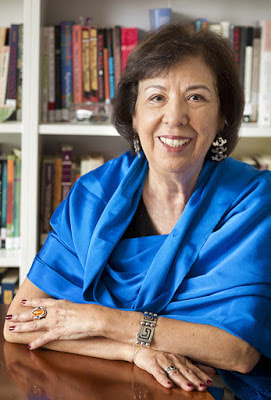 Photo by Ralph Grajeda
Photo by Ralph Grajeda “Ten years later, Elvis regretted their breakup more than anything in his life.”
An excerpt from Ballad of a Slopsucker, a short story collection upcoming next year
By Juan Alvarado Valdivia
The parking lot at Horatio’s was packed for the ten-year reunion of San Leandro High’s Class of ’87 and Elvis Borboa—who had been voted Most Likely to Be on MTV his senior year—sat in his car near the back of the lot, sucking on a cigarette like nicotine was oxygen. An hour before, he had stood in front of his closet mirror wondering, Should I stay or should I go? He tried on shirt after shirt until he narrowed it down to two—a long-sleeve button-down shirt so it’d look like he had made something of himself, or a striped polo shirt that said I-don’t-really-give-a-shit-about-appearances-but-I’ll-look-presentable. No matter which one he wore, Elvis saw a twenty-eight-year-old straight-edge Latino reflected back to him—the cropped hair, fitted jeans, and a shirt that covered the flaming skull tattoo on his right shoulder. As he stared at himself, he couldn’t help but wonder if the teenage, fuck-authority version of himself would have hated who he had become: just another tool; another sellout working for a big bank.
While he sat in his new Honda Accord, he couldn’t shake the nervous, twisted feeling in his stomach. He popped the Eagles’s Greatest Hits into the CD player. He skipped to “Best of My Love,” which was totally un-metal of him. A long drag from his cigarette followed. It had been months since he had smoked. Oddly enough, the song soothed him even though it reminded him of Susana, his ex-girlfriend from high school. Ever since they graduated, he had occasionally daydreamed of playing and dedicating that song to her (which was totally un-metal of him).
After he flicked the cigarette out the window, Elvis flung the car door open. He strode across the parking lot. On his way to the entrance, he noticed a few faces that looked familiar. He couldn’t remember their names, but he knew they were smart kids back in school. Would they recognize him now? Would anyone recognize him?
Standing by the entrance, next to the part of the restaurant that resembled a kitschy lighthouse, was Joey Marchment. He was smoking a cigarette by himself. Back in high school he was a quintessential stoner-skateboarder. He had gone to a couple of Elvis’s shows. Shit, they even shared a joint at one of their high school parties. Joey had also cleaned himself up for the occasion. Dress shirt, pair of khakis, shiny dress shoes instead of his old Dr. Martens. His bleach-blonde hair—which used to be long and greasy as if he flipped burgers for a living—was now short, thinning, and slicked back. Like Elvis, he had developed a respectable beer paunch.
“Elvis Borboa?” Joey said.
“What’s going on, Joey,” Elvis said, shaking his hand. “Glad you remember me.”
“Of course, man. You were Elvis, the heavy metal god!”
Elvis used to be the front man of a thrash metal band he started at San Leandro High with his best friend, Dontae. The band’s name was Slopsucker. In high school Elvis sported long, curly black hair, torn-up jeans, and a black leather jacket his dad had handed down to him.
“You still play?” Joey asked.
“Nah, man.” Elvis couldn’t help but hang his head.
“That’s too bad. I remember you used to shred.”
“Yeah, well, you know, it’s one of those things. Hardly anyone can pay the bills playing a six-string.”
“Fucking A, man, fucking A,” Joey said, nodding and slowly turning his head like he was watching a thought gently bob away.
Inside, Elvis heard a loud hum of chatter around the corner. Goddamn it, he thought. People were already asking about his former musical self.
A sign by the front podium read, “Class of ’87 Reunion!” An overly smiley Asian woman with a name tag that read “Annie Chow” sat behind a long table covered with rows of printed name tags. They exchanged pleasantries. Elvis remembered she was a major kiss-up in school. She parked her rear front row and center in their physics class so she could laugh at all the inane jokes from their teacher along with all the other voracious grade-grubbers. On top of being pretty, she had always been smart and driven. Once he saw the big glittery rock on her ring finger, Elvis figured she got just about everything she ever wanted in life.
He saw his name tag on the table. He scanned the remaining ones for Susana and Dontae’s. They were MIA. Were they coming? Were they already there? Would they talk to him, or tell him to fuck off? Would Susana be there with someone? A boyfriend? Husband? What if she was inexplicably free after all these years?
The classy restaurant overlooked the San Leandro Marina. The dining area around the bar was roped off for their reunion. All the tables had been cleared out so everyone could mingle. Seventy or eighty people convened throughout the room. Most of his old classmates had dressed up as if they were dining at a posh restaurant in San Francisco, the city he had called home since graduating from high school. Booming laughter from the patio startled him. There was so much happening around him. Before he realized what he was doing, Elvis beelined to the bar. He could’ve walked past Gandhi, Cindy Crawford, or Ozzy Osbourne and not noticed them. Man, did he need a drink.
As he leaned against the counter, staring at the bartender, trying to will him to look his way, Elvis scanned the bar as though his birth name was Cool Breeze. He locked eyes with a classmate whose name tag read “Mindy Roberts.” Her jaw dropped. She waved with such glee that he waved back, although he had never—as far as he remembered—had a conversation with her. Two stools down from Mindy was George, a wild-haired Samoan who had streaked across the football field during a homecoming game Susana had dragged him to. And then there she was: Susana. The woman of his sad and sorrowed dreams of unrequited love. She stood in a circle of women gathered at the other end of the bar. His heart bottomed. She was fucking gorgeous and cute as ever—the same big brown eyes, light-brown skin, and magnetic smile that drew people to her. Her black hair fell over the straps of her blue summer dress. Elvis thought she had never looked so beautiful—except maybe at the junior prom they had gone to together.
Once he spotted her, Elvis was done for; he couldn’t keep himself from stealing glances at her. After all those years they were actually in the same room. And to his complete and dizzying surprise she seemed to be alone. No possible significant other satellited around her.
While he watched her, Elvis couldn’t help but remember—as much as he didn’t want to—the last time they were together.
It all went down on a Saturday afternoon, less than two months before their senior prom. Elvis was in his bedroom restringing his black Jackson King V guitar. Venom’s classic Black Metal blared from his stereo. It was 1987, a year after thrash metal’s zenith when Metallica’s Master of Puppets, Slayer’s Reign of Blood, Megadeth’s Peace Sells . . . but Who’s Buying?, and Kreator’s Pleasure to Kill came out. Elvis’s dad was in the backyard, working in his shed, when his mom knocked on the door.
“Yeah,” Elvis shouted over the music.
“Susy’s here for you!” she yelled from behind the door where Elvis had taped a poster of Machu Picchu shrouded in mist. “Shit,” he said to himself. He took a deep breath as he lurched to the front door.
Susy stood on the other side of the screen door. She wore a black tank top, faded blue jeans, and the green Chuck Taylors he had doodled on with a permanent marker. (He had scribbled “Elvis lives!” on the back heel.) She was concealing something behind her back.
“Hey, you wanna come in?” Elvis said, creaking the screen door open.
“That’s okay,” Susy said. “My dad’s taking us out to lunch with one of his friends. I was running some errands and just wanted to pop in to give you a surprise.”
“Oh yeah, what you got?”
Though he was trying to play it cool, Elvis could feel his stomach knot. The night before, he had snuck out to hit up a party without Susana. Celeste White, the lead cheerleader at San Leandro High, had invited him. Celeste White, the hottest girl in school, had flirted with him. She professed to Elvis that she liked him. This was certifiable wet dream material. To boot, she kept putting her hand on his arm and brushing her blonde hair while they talked. After he stumbled back home in a fog of blissful drunken stupor, he woke up thinking about how good it would have felt to make out with her. To have his hands all over her. The only reason he kept his paws to himself was because he and Susy had been together for two years.
Susy handed him a mixed tape. On the cassette case spine she wrote “Heavy Shit” and drew a smiley face. Years later, remembering those details slayed him.
“I really liked your last mix,” she said. “I think you’re right—the Scorpions are the best thing to ever come out of Germany.”
Elvis combed his long hair to the side so it wouldn’t cover half of his face. He stared off at the front lawn. Earlier that morning he had convinced himself to break up with her. He just didn’t know when to pull the plug.
“You okay?” she asked. Elvis had not hugged and kissed her like he typically would when she’d come over.
“Yeah, I’m just tired. Wait—let me walk you to your car.”
Susy marched to her old gray car parked in front of his parents’ house. He followed. She walked with her head lowered, staring at the walkway like she knew something was up. Afterward, Elvis wondered if she could sense what was coming.
“Your mind seems to be somewhere else,” Susy said as they approached her car.
Elvis took a breath. “Susy, this is something I’ve been thinking about for some time. I’m just, uh—I, umm—I think we should date other people.”
Elvis never forgot the face Susy made—her mouth dropping, her eyes opening wide.
“Are you serious?” she said, staring up at him. She took a step forward. “You’ve been thinking about this for some time? Since when?”
“I don’t know. It’s been a while.”
“So why are you saying this to me now? You wanna go out with someone else? Is that it?”
Elvis took a step back. He thought she might try to slap him.
“Who is it, Elvis? Who is it?”
“It’s no one, Susy! I’m just afraid of this getting too serious. I’m sorry. I don’t know how else to say it.”
“So what are you really saying? Are you breaking up with me? Is that what you’re trying to tell me?”
“No, Susy. I just—think it’d be a good idea if we saw other people.”
Susy crossed her arms. She glared at him until he looked away. “That’s bullshit. And I am not okay with us seeing other people. If all you want to do is break up with me, then grow some damn balls and do it.”
Susy brushed past Elvis and stormed to the driver’s-side door. Once she fumbled for her keys, she stomped back to him.
“Give it to me,” she said.
She snatched the tape from Elvis, threw it on the sidewalk, and smashed the case with her foot. She flung the door open and slammed it before she drove off with the motor roaring.
Broken cassette in hand with its tape dangling, Elvis walked back into his house. He bunched up the loose tape in his hand. He didn’t want his mom to see it and ask what had happened.
In his room, the door closed, Elvis flipped through his milk crate full of albums. He took out Metallica’s Ride the Lightning. The album cover had an electric chair floating in a dark sky with bolts of lightning. He cued the record to “Fade to Black.” He blasted it, all dramatic, then he lay on his bed, hands cupped behind his head, clutching the cassette as the opening guitar notes filled the room. He stared at the picture of his idol, Tom Araya—the Chilean bassist and lead singer for Slayer—taped on the ceiling above his bed. He felt shitty about what he’d done. They had been friends since junior high when he and Susy took Spanish classes together (the equivalent of Rob Halford taking beginner’s classes for heavy metal screeching). During sophomore year he walked her home practically every day unless she was working on the school paper, having soccer practice, or attending one of her Chicano-power MECHA meetings. Susy had lost her virginity to him. That was a big deal to him as well. And she was the first girl—and maybe the only one—he had ever loved.
By then Elvis was getting caught up in all his self-hype about their band, especially after Slopsucker blew away the other musical acts at their school talent show. He truly believed that part of his life was merely the beginning of something bigger. His bandmates, Dontae and White Trash Phil, talked about becoming the best thing to come out of shit town San Leandro, like how Metallica’s Cliff Burton had come out of neighboring Castro Valley to become the most badass metal bassist on the planet. Elvis didn’t want to be like everyone else. He didn’t want to turn out like his mom and dad, who never seemed happy—more like they were stuck with one another. He wanted a rock ’n’ roll kind of life: the thrill he’d get when he would thrash his head and flail on a guitar. The way he felt ten feet tall onstage in front of a crowd. The communion he felt playing with his bandmates. “It’s one life you live,” his father—a former bohemian—liked to tell him. Una vida. Susy was a way cool chick, but Celeste White—the girl every straight guy in the locker room openly fantasized about—was the Big Leagues. Susy didn’t fit in with the flashy, VH1 behind-the-scenes documentary Elvis thought his life could become. He was afraid that he and Susy would turn out like his mom and pop someday. He was afraid of growing up to become like his dad, living his dreams vicariously through one of his children since he was too chickenshit to have truly chased them when he was younger.
After “Fade to Black” ended, the turntable needle hissed on a constant loop. Elvis leapt off his bed. Fuck it, he thought, chucking the tape into his trash can. In that moment he practically thought of their breakup as some life lesson; he rightly figured life would have its share of difficult decisions he would have to make. Like dumping a sweet girl for the hottest chick in school.
Ten years later, Elvis regretted their breakup more than anything in his life.
....
From Ballad of a Slopsucker: Stories by Juan Alvarado Valdivia. Copyright © 2019 University of New Mexico Press. Look for it in 2019 at UNM Press site here.
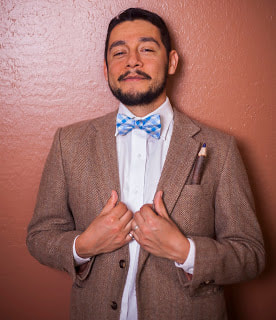
a Rudolfo Anaya Extra-Fiction Novel
By Armando Rendón
In Rudolfo Anaya’s latest book,ChupaCabra Meets Billy the Kid, science as in science-fiction gives way to the true fundamental forces of nature as he weaves a story that flashes back and forth in time.
The title is misleading because it’s not really ChupaCabra, the goatsucker demon of Mexican lore, that meets Billy the Kid, a historical human artifact mythologized by Western writers of the purple prose, but a clash of realities. Obviously, the title suggests some weirdness going on. Is it fantasy, sci-fi, horror, a retro version of the time travel gimmick?
Or is Rudy just pulling our collective leg?
As with really good time-travel yarns, underlying the storyline are critical views of society, its social mores or disregard for humane values. I would say that in all the best science fiction I’ve read over half a century – that’s a lot of reading – writers generally conjure up the bad guys or create a social setting that contrasts with the narrator/author’s own time.
In H.G. Wells’ The Time Machine, the protagonist reconfigures a chair with odd bells and whistles, powered by who knows what and travels thousands then tens of thousands of years into the future. It seems he never returned from his last trip, so the Traveler may still be out there.
In a way, Anaya has come, I was going to say, full circle, but only half circle back to his highly acclaimed book, Bless Me, Ultima, which is on many reading lists of schools throughout the U.S. Ultima, the curandera who becomes a spiritual guide for Antonio, the young protagonist in the story, imbues the book with her other-worldly persona and a powerful aura of mysticism.
To Anaya, his homeland is a mystical place, the mountains guardians of secrets and beauties found nowhere else, its rivers arteries of life in an otherwise harsh land, and a challenge to survival which his forebears have continually encountered for generations. I’ve caught a glimpse of these truths—seeing how mountain peaks jut up to cut off the horizon, finding a río at the bottom of a gorge by a glint of sun, leaning back a chair against a sun-warmed adobe wall...
Anaya’s treatment here conveys the hardships of survival in the New Mexico of the latter 1800s into the early 1900s following the takeover by the U.S. government of half the territory of Mexico as a result of America’s invasion of Mexican territory beyond the Rio Bravo (Grande). Those hostilities ended with the signing of the Treaty of Guadalupe Hidalgo on February 2, 1848.
Yet, this book also celebrates the nuevomexicanos who survived for generations from the meager resources the earth grudgingly gave up. Their devotion to a religion which was increasingly remote resulted in the creation of homegrown zealots, los penitentes, a secretive society of men who preserved the religiosity of the communities through extreme exercises of penitence and sacrifice. The hard life of the early residents resulted in a resolute people, determined to survive in spite of the hardships faced every day.
This is how I perceive nuevomexico, from readings (Anaya’s works and others) and conversations and the few times I’ve ventured into the state, traveling far up toward the headwaters of the Rio Grande in the San Juan mountains of Colorado.
Out of this history evolved a few persons whom I got to know personally: Tomás Atencio, who created a literary headwaters in Dixon, co-founder of La Academia de la Nueva Raza and author of Resolana: A Chicano Pathway to Knowledge; Enriqueta Vasquez, who was one of the first Chicanas to publish a book on the Chicano Movement (Viva la Raza, 1974) and was part of founding the newspaper, El Grito del Norte, in 1968, about the same time that Quinto Sol Publications arose in Berkeley, which by the way was first to publish Bless Me, Ultima, and Con Safos out of East Los Angeles; Esteván Arellano, a writer and photographer, who drove me up into the mountains the time I met Atencio, and Reies Tijerina, who was a Tejano, but allied himself with and became the most prominent leader of the land grant movement in New Mexico.
And Anaya.
This sampling of people and experiences inform my reading of ChupaCaba Meets Billy the Kid. I say Anaya circled halfway back to Ultima, because the plot in this book depends heavily on tried and true sci-fi gimmicks, though the story is set in the middle of the Lincoln County War of 1878.
A super deep state government unit, operating out of the infamous Area 51, called the C-Force, which also answers directly to the White House; an incredible experiment run by C-Force gone awry which combines the DNA of chupacabra and alien DNA (think Area 51) to produce a devilishly vicious though sometimes clownish hybrid called a Saytir; the good-old wormhole angle worms its way in somehow (well, I know but I’m not telling), and the time-lapping magical laptop (magical because it seems to have a solar powered charger in 1878) that functions for note taking and for checking emails from this now (2018).
The reference to the White House, that is, to an actual living person is rare in science-fiction. But Anaya’s story is happening in real time—his book is fresh off the presses. The president has authority over the C-Force and its members are continually advising him. (Does the C stand for ChupaCabra or Chili? Is C-Force to blame for the direction of current events? Is the current president really a Saytir?)
In other words, Anaya throws every quirky sci-fi accoutrement ever devised into the fray. You’ve got to love it.
Something seemed to be lacking in the story for me as I started to read it, but then I met the aspiring writer protagonist, Rosa, who believes it is her mission to write the true story about Billy the Kid. The true story, “it’s what every writer wants,” she says, still queasy though from some of the not so savory action she’d seen so far. So, lots of background fact-gathering, laying the groundwork for the story, but little of the spiritual or otherworldly that could connect us to his earlier writings, especially Ultima. Yet, Ultima lies in wait in the background throughout the book. For example, look for the flashback to the movie of the Anaya classic.
Rosa, the young person documenting all these events and characters, teams up with Billy the Kid, who mysteriously shows up at her new-found digs in 1878 New Mexico. A sort of platonic relationship ensues—Billy is a very approachable fellow with the young ladies even though rather reproachable otherwise.
So how does Rosa end up in 1878?
Rosa’s chief means of transportation is by horse, of course. She witnesses key events in Billy the Kid’s last few days and shares the lives of kind Mexican American hosts who give her food and shelter, even lend her a proper dress for a señorita to go to el baile, basically because she is friend of Bilito, the Kid.
Armed with her laptop and with a lot of time on her hands, so to speak, as she battles writer’s block or rides shutgun next to the Kid, Anaya, I mean, Rosa, ponders a number of issues: the very notion of time, the role of literature in culture, what is driving her even to consider writing about this outlaw and what happened in a backwater of history 140 years ago, like who cares? Rosa suggests that there is far more to comprehend beyond what we see or seek to comprehend. “Time makes something new of us all,” Rosa tells Billy as the Kid’s own timeline draws to a close. Some of us have more time than others, she fails to add. Rosa, of course, knows Billy’s last day is approaching—but she can’t reveal that fact.
After what seems like months living in this past world, Rosa begins to worry about how she is to return; there’s no ponderous circus balloon she can take to get back home.
Exactly the point, because we want to find out what happened, she has to come back to our real “time” and tell us, but how does she get back? A low-rider spaceship with hydraulics powered by frijoles de la olla?
No, chale! The force that bends space and time, Anaya tells us, is beyond quantum physics, string theory, time warps, marvelous spaceships powered by dilithium crystals to visit San Francisco Bay in the 1950s, let alone a barrio kid’s scooter that magically carries him back to historic moments in Chicano history.
We know that somehow she made it back. All the while she has been recording what she sees and hears. At the end of the book, she has graciously provided a detailed timeline, “Rosa’s Notes and Observations,” downloaded from her laptop no doubt of what she saw, so that’s proof. But the question still remains, how?
When we find out what that inexorable source of energy is, all falls into place. This is what Anaya is getting at. It’s what he has been writing about all his life. How we ourselves can be transported back in time, back to a transcendent period of our own. It’s so obvious when you read the book.
Armando Rendón is editor/founder of Somos en escrito Magazine, author of Chicano Manifesto (1971, 1996), and creator of Young Adult novels, including the four-part series, The Adventures of Noldo and his Magical Scooter, (2013-2016) and the latest Noldo novel, The Wizard of the Blue Hole (2018).
For an excerpt from ChupaCabra Meets Billy the Kid, a Rudolfo Anaya novel, the book was featured recently in Somos en escrito under the title, “I am becoming a recorder of history.” The book is available at ChupacabrabyAnaya.
This feature first appeared in Somos en escrito on January 11, 2017.
Guess who wins!
By Tommy Villalobos
Chapter One
Mona Rinistor stepped out of her office for a breath of fresh air. Chava Absuena, likewise, stepped out of her office for one reason or another. She was not sure. Mona had been in the same office complex for several years, although it felt like only a few months. Chava had been working in her office for several hours, and it seemed like several years. The offices opened out into the second floor balcony and city smells and ruidos.
Mona walked toward Chava. Chava, in turn, wanted to turn and dart back into her office. She thought Mona was some kind of dueña, for Chava had bad experiences with bosses and landladies. Her first job was at an ice cream parlor in Nogales, Méjico. Then a beauty parlor in Juarez. Then a poker parlor in Amarillo. Then the Sunshine Tattoo Lounge in San Diego. She also had to stretch her paychecks. When a landlady was close at her heels, Chava, a quick packer, hopped on a bus.
Now Chava Absuena worked in a fashion parlor in Los Angeles. This time her dueña was a dueño, Max Lipiz.
A few writers in the past, Thomas Hardy dancing among them, have pointed the ironies of life. Here was one. Max was a barrio sort who, for some reason (his Tía Minstra Telamacundra said it was due to a good kick to the head he suffered when a boy at the hands of some primo), decided one beer-soaked evening at The Green Bar to become a women's fashion consultant.
His friends said it was just to get girls. He said it was simply his chosen career path. His Tía Minstra reminded him that his whole family from his father's side going way back before the Treaty of Guadalupe Hidalgo was a family of contented carpenters. The fact did not move him.
“Hello,” said Mona, sticking a hand toward Chava before she could close the door.
“Hi,” said Chava defensively, hesitating before sticking out her hand from the small space left by a nearly closed puerta. Mona had to reach for it and their fingers barely made contact before Chava withdrew hers behind her back as if to prevent Mona from grabbing it again.
“Do you work for the Women's Fashion Consultant?” asked Mona looking at the sign on the door.
Chava followed her eyes to the sign on the door as if to confirm that Mona had correctly defined the sign.
“Yes,” she said with hesitation as she looked back to Mona.
“Are you her?”
“Not even.”
“Where is she?”
“She ain't anywhere.”
“We all gotta be somewhere.”
“Not her.”
“Huh?”
“Now is he?”
Chava nodded vigorously as if to latch on to stark reality.
“Interesting.”
Chava drew a blank. She then tried to phantom in her mind what was interesting.
“So you just started working for him?” said Mona.
“Uh-huh.”
“How many people work here?”
“Just me.”
“Are you his partner?” she said while appraising Chava's purple abstract printed tunic and faded denim leggings.
“No. I just answer phones.”
“Oh.”
On cue, the telephone rang.
Chava stared at Mona as if wanting direction.
“I better let you answer that,” said Mona, giving her some.
Chava closed the door.
Mona slowly walked back to her office, the office of a thriving accountant. Mona thought. Rules change. I deal with cold numbers and here's a homey who deals with warm figures. Go figure.
Mona had spent her early life in and around East Los Angeles since birth. Her brain then took her to Villanova then to various parts of the world, including Houston where she obtained her first employment with an accounting firm that accounted for big perfume, little diapers and mediocre law firms. Tiring of endless parties and shopping sprees, she decided to come back home and account in L.A.
“Welcome home, mija,” her mother had declared when Mona returned home. “We have your room ready and your father is inviting his best friend's hijo to meet you. He is a metal polisher and makes good money to support you and all the chavalos you're going to push out.”
Mona had already secured a condominium along the beach at a good price. How does one tell amá and apá that the nest is even a tighter fit than before?
Way Numero 1: Mom, dad, I have been to three colleges, two countries, four states and several republics of various political persuasions, if one interprets that word loosely, so home would be a lame environment.
Way Numero 2: There are not too many big accounting firms in our Hood.
Way Numero 3: I need my space which apá considers met by an 8 by 8 foot bedroom, dinner and a sala with plenty of boxeo and one or two telenovelas.
Way Numero 4: One outing a year to visit parientes in San Fernando is not the social life I envision lasting until my dotage.
Way Numero 5: I like my privacy, which is nearly non-existent with family, neighbors, and dad's ne'er-do-well amigos parading through the house at all hours.
Mona, with a frowning father and a disappointed mother, set up homemaking by herself—and eventually one aquarium fish—in a roomy place with a great view of Pacific sunsets. The life of a successful accountant, certified, and daughter, not certified, pleased her.
Therefore, Mona floated into her office every weekday morning, gathering accounting accounts as little girls gather daisies. She had a knack for selling her skills that she developed at nine when she made Christmas ornaments and sold them outside of supermarkets. From there, she began making little trinkets and selling them outside of bars where men snapped them up to give to girlfriends and even wives. Then she washed perros but no gatas because of one scratch she got on her forehead, which, to this day, she claims is a scar she will carry forever. No one has ever seen the scar but she claims, nonetheless, it is there.
Back in her office, Mona went to her desktop and began in earnest an accounting services proposal for one women's fashion consultant. He has one employee, one office and seems to have no clientele in sight. She was witness to one phone call, which could have been a wrong number, or worse, from family.
At the same moment, Max Lipiz was in front of his cracked mirror in a trailer he rented. The old, rusty trailer sat behind an iron works shop, which sat behind an auto paint shop that sat behind a pickle factory. This made for absorbing and enchanting noises and odors that floated into his trailer round the clock.
Max's Smartphone let out a tune, “Sabor A Mi.” This was his only other luxury. “This is Max,” he said into the phone.
“Maximiliano Rudolfo, this is your Tía,” said his Tía Minstra, her voice a foghorn of robustness.
“Yes, Tia,” said Max with all due respect to the tía who looked over him like a guardian angel, who had slipped in other duties and, therefore, as punishment, had been given the assignment of watching Max.
“Come over and eat. I made huevos con chilaquiles. You used to like them.”
“I still do, Tía, but I've got to get to the office and make money.”
“Money can wait. Chilaquiles can't.”
Silence.
“¿Me estás oyendo?” she then said as if Max were a fair piece down a country road. He moved the phone nearly half a foot from his ear.
“I have to make a living. I'll eat them next time I'm there.”
“It's been a week. My brother, your Tío George, offered you a good job in his landscaping business. He has clients from Beverly Hills to Thousand Oaks.”
“I have my own business, Tía.”
“Advising women how to put on and wear a dress? Men want to undress women, not dress them.”
“I'm flexible.”
The conversation ended because his aunt ended it with a slam of the phone.
And Max took that slam with ringing ear to his office. Mona jumped out of her office to intercept him.
“Hello,” she said.
“Hi,” he said, rushing past.
“Are you the fashion guy?”
“Yes,” he said as he turned and stopped.
“Funny.”
“Sure is,” he began to turn and walk again.
“No, I mean, you being a fashion advisor for women?”
“Yeah, my aunt thinks it's hilarious.”
“Does she?”
“Reminds me constantly how silly I am.” He then took a few more steps and reached for the doorknob to his office.
“I'd like to talk to you,” she said in her never-ending search for accounting clients.
“Sure,” he smiled, looking for his first fashion client. “We'll be talking, I'm sure.”
He disappeared. Then Mona did. The walkway was at rest once more, void of accounting and fashion folks.
So went the days, then weeks. Mona did obtain two clients during this period. Max received phone calls but only two made appointments and only one showed up. She was a council member from a small city somewhere.
When Lora Milinda wearing two-inch, black opened toed wedge heels walked through the door, Chava was going to tell her that the accounting office was next door, for she was dressed to kill men or numbers.
Her outfit consisted of a black and white plaid knee-length body hugging dress, and a blue long sleeve tailored blazer that accentuated her small waste. Her dark brown shoulder length hair curled outward on the sides as if she had just stepped out of the celebrated Grove Salon. Her makeup had a professional touch. There was nothing wrong with her that Chava could see. Nevertheless, before she could tell her, in so many words, Lora Milinda, used to beating fellow politicians to the punch, spoke.
“I have an appointment to see the fashion person.”
“No kidding?” said Chava with genuine wonderment in her voice.
“Is he ready for me?”
“I'll check,” said Chava without taking her eyes off the woman while getting up.
She walked over to Max's office and peeked in. Before she could say anything, Max also beat her to the punch by waving an arm from the direction where the female voice had entered his ears to the chair stationed in front of his desk.
Chava turned around from where she stood and mimicked Max's wave, waving from Lora to the chair in front of Max's desk. Lora quickly and obediently followed the waving Chava to the chair.
Max stood and extended a hand toward her. Lora touched it with three fingers then sat.
Max, too, was impressed with her trappings, so much so that he, like Chava, stared.
“I'm Lora Milinda.”
“Hello. I'm Max. How can I help you?” A standard greeting for any business, but in Max's case, he meant it. He actually was wondering how he could help the woman who already looked much like the After photograph of any Before photo anyone could come up with.
“It's not me. It is my niece. She is nineteen. She also has been hit by that worm that hits many chavalas in the barrio—she fantasies herself a Chola. She dresses more like one than acts like one. That's one saving grace.”
“I see,” he said, without seeing.
“I've taken her to beauty parlors and she looks okay for a day then back to the slouch look with a hairdo that maybe lasts another day. Can you do something?”
“Something?”
“Well, anything?”
“Anything?”
“For a poor soul who will never have a good man kiss her.”
“Can you say anything on your own?”
Max considered.
“Sure,” he said with delight, like a pupil answering a tough question from a tough teacher.
“Go ahead then.”
“How come you didn't bring her?”
“I had planned to but she must have got wind of it and went to her welding class.”
“She welds?”
“Like a boilermaker. And she likes caballos. And baseball. And I mean, hardball with the guys. See, we're dealing with someone that if she doesn't watch it, will end up slugging beers with old veterano cholos in some dive, unmarried, unloved, smelly and unattractive. I want to make a grand lady. You know, a woman you guys can't help but want to carry off and spend your lives going broke over.”
“I got the broke part down.”
“What?”
“I wish I could see her.”
“Here she is,” said Lora while whipping out a photograph of a girl, a little one.
“How can I work with this? She's little here.”
“Picture her a few feet taller with the latest chola hairstyle, the same scowl, but stylin' like only cholas can.”
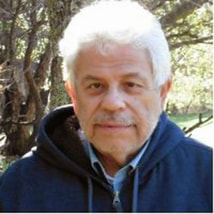
The cover illustration is by Helene Thomas.
Archives
July 2024
June 2024
April 2024
March 2024
November 2023
August 2023
July 2023
June 2023
May 2023
April 2023
February 2023
January 2023
December 2022
November 2022
September 2022
August 2022
July 2022
June 2022
May 2022
April 2022
March 2022
February 2022
December 2021
November 2021
September 2021
August 2021
July 2021
June 2021
May 2021
April 2021
December 2020
September 2020
July 2020
November 2019
September 2019
July 2019
June 2019
May 2019
April 2019
March 2019
January 2019
December 2018
November 2018
October 2018
September 2018
August 2018
June 2018
May 2018
April 2018
March 2018
February 2018
January 2018
February 2010
Categories
All
Archive
Aztec
Aztlan
Barrio
Bilingualism
Borderlands
Boricua / Puerto Rican
Brujas
California
Chicanismo
Chicano/a/x
ChupaCabra
Colombian
Colonialism
Contest
Contest Winners
Crime
Cuba
Cuban American
Cuento
Cultura
Culture
Curanderismo
Death
Detective Novel
Día De Muertos
Dominican
Ebooks
El Salvador
Español
Español & English
Excerpt
Extra Fiction
Extra Fiction Contest
Fable
Family
Fantasy
Farmworkers
Fiction
First Publication
Flash Fiction
Genre
Guatemalan American
Hispano
Historical Fiction
History
Horror
Human Rights
Humor
Immigration
Indigenous
Inglespañol
Joaquin Murrieta
La Frontera
La Llorona
Latino Scifi
Los Angeles
Magical Realism
Mature
Mexican American
Mexico
Migration
Music
Mystery
Mythology
New Mexico
New Mexico History
Nicaraguan American
Novel
Novel In Progress
Novella
Penitentes
Peruvian American
Pets
Puerto Rico
Racism
Religion
Review
Romance
Romantico
Scifi
Sci Fi
Serial
Short Story
Southwest
Tainofuturism
Texas
Tommy Villalobos
Trauma
Women
Writing
Young Writers
Zoot Suits
Donate and Make Literature Happen
is published by the Somos En Escrito Literary Foundation,
a 501 (c) (3) non-profit, tax-exempt corporation. EIN 81-3162209


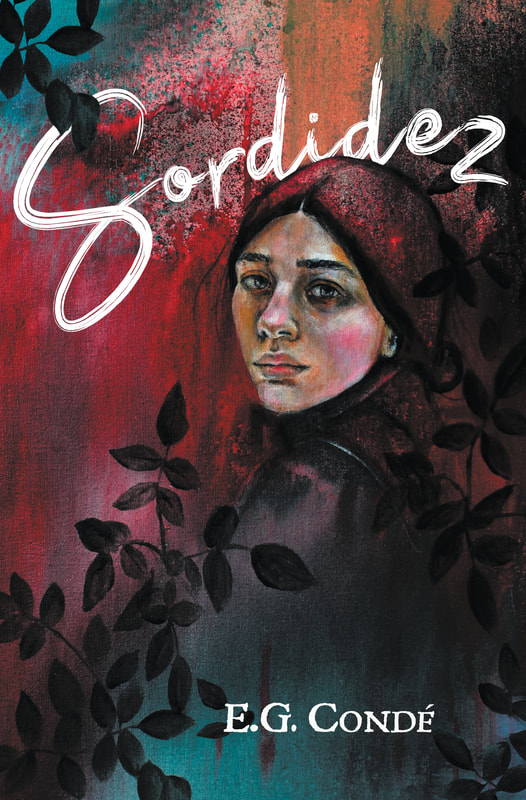


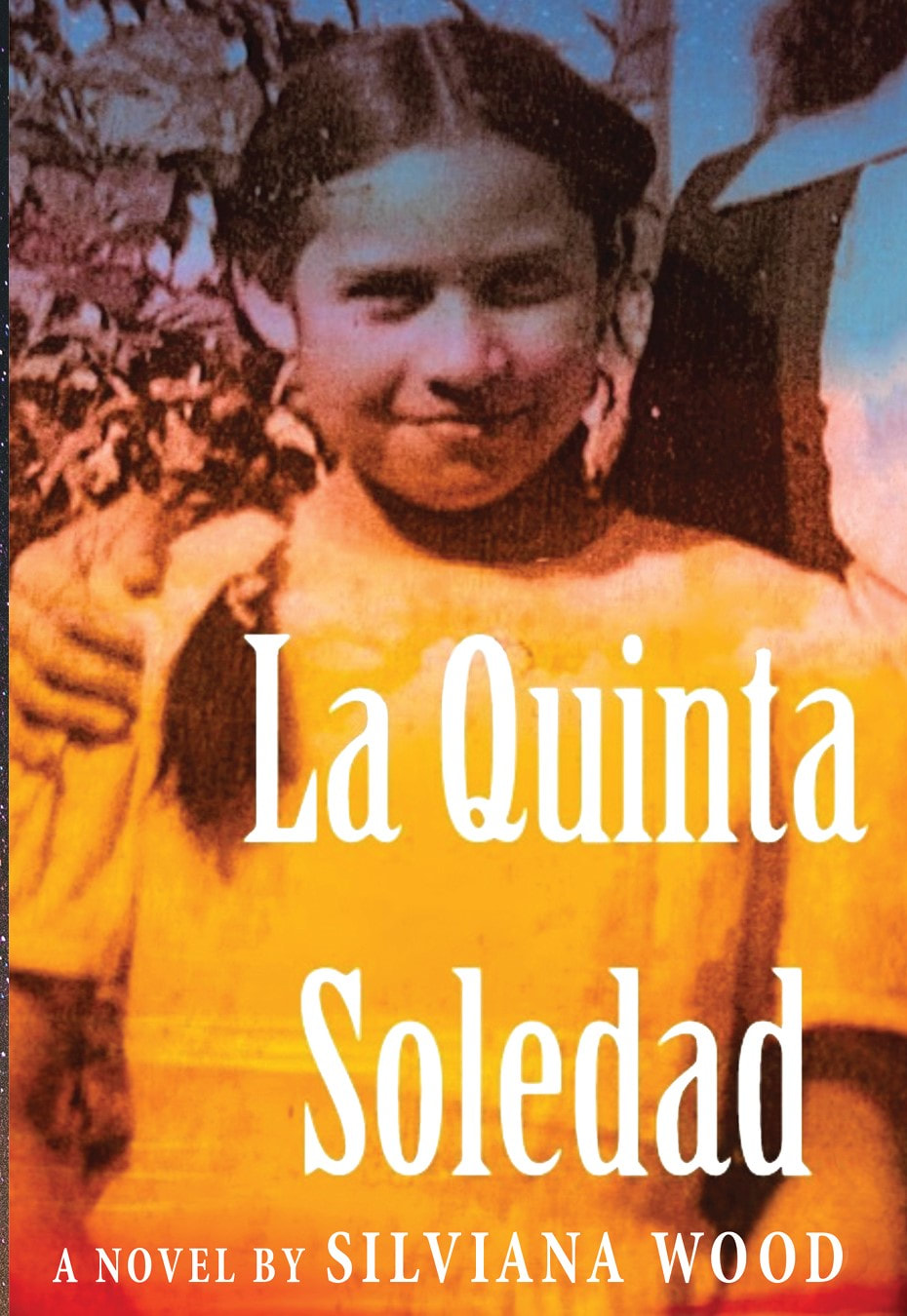
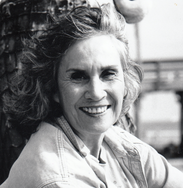
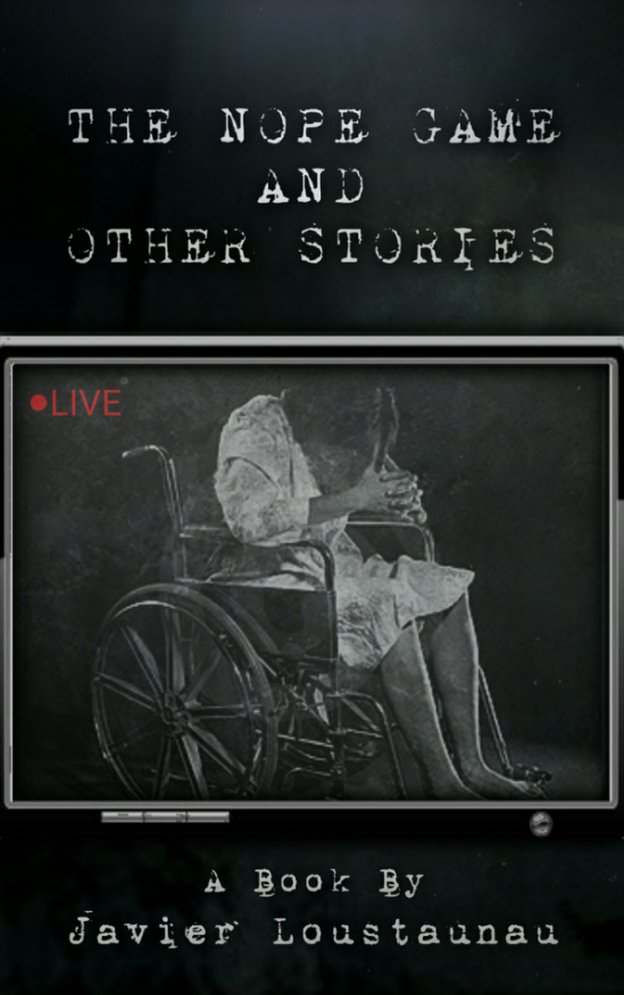

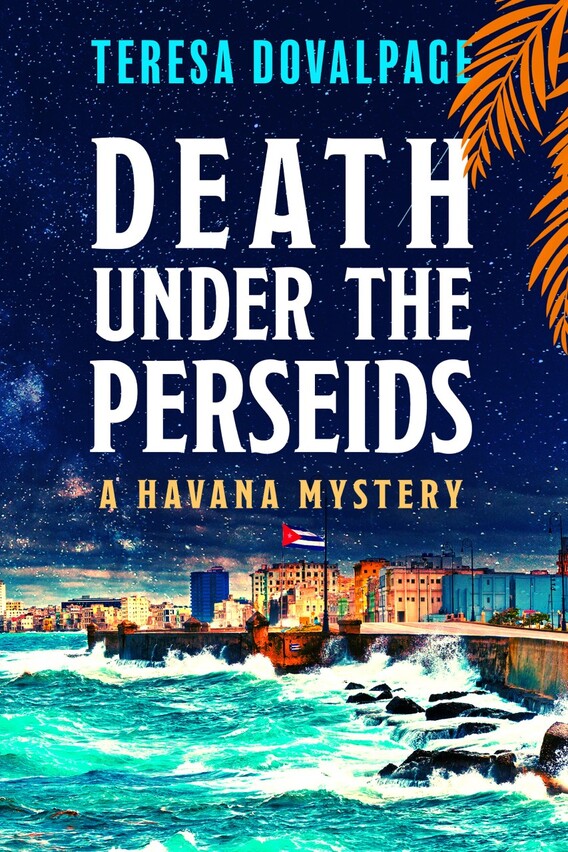
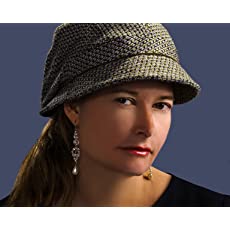
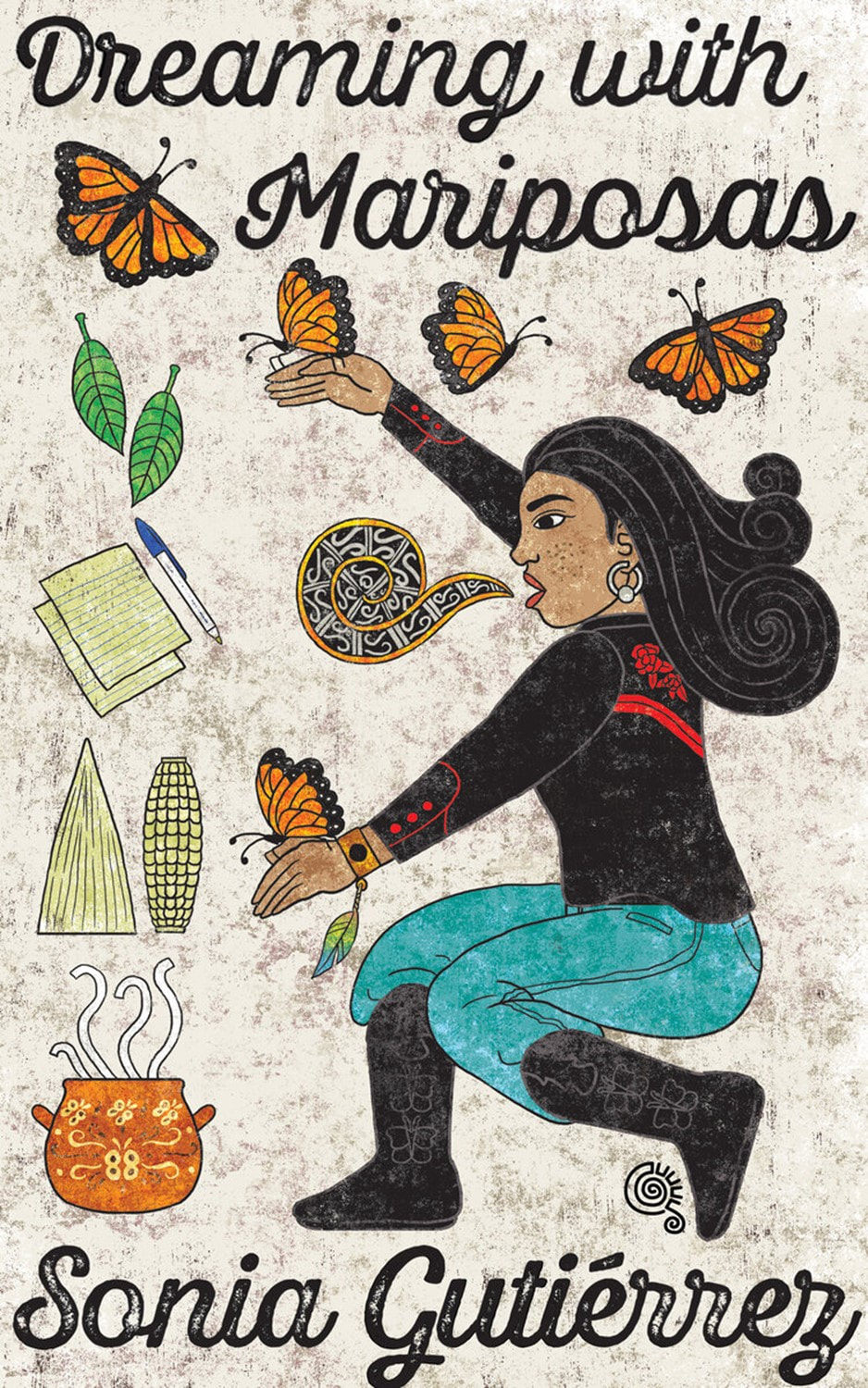

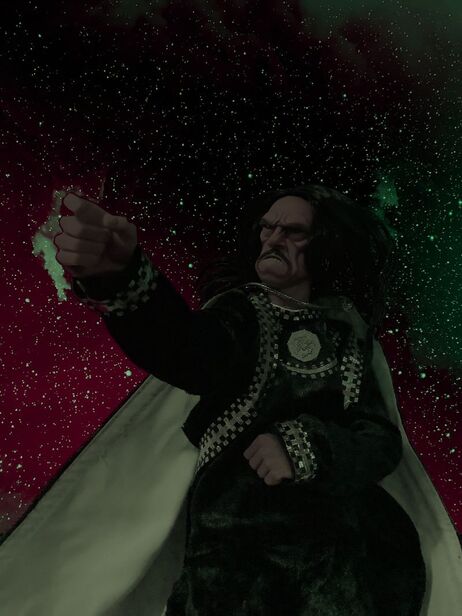

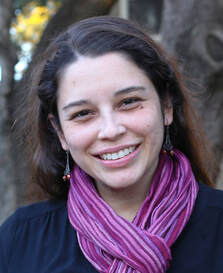
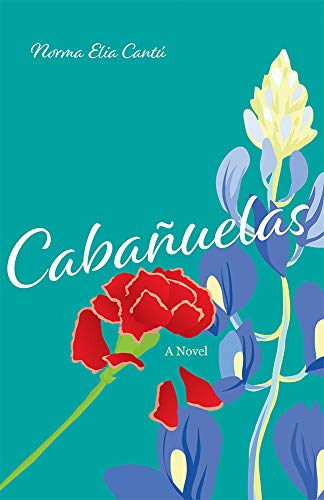
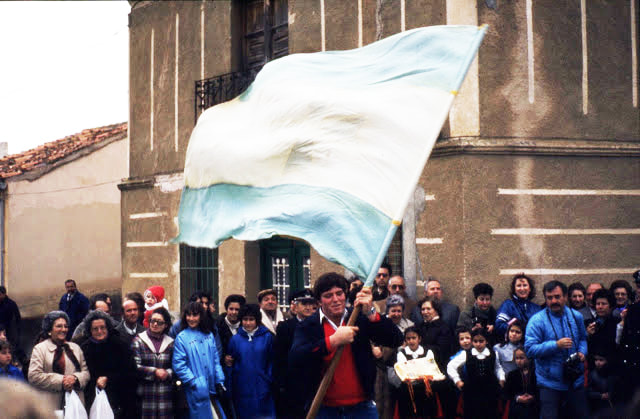
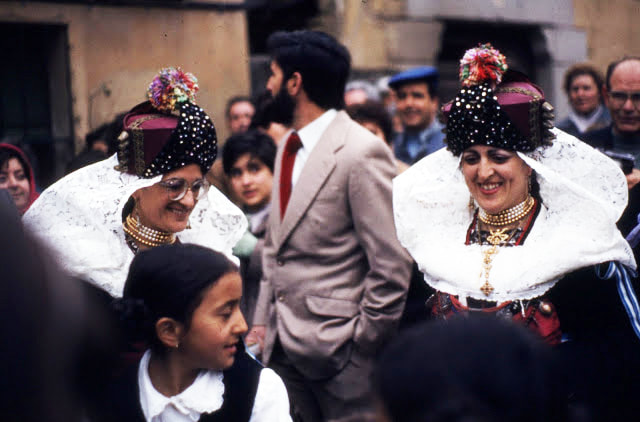
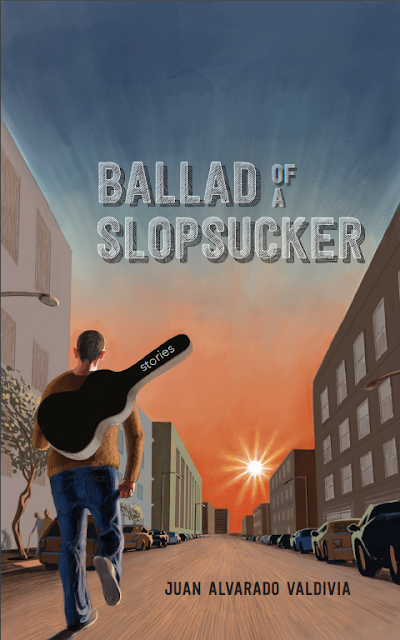
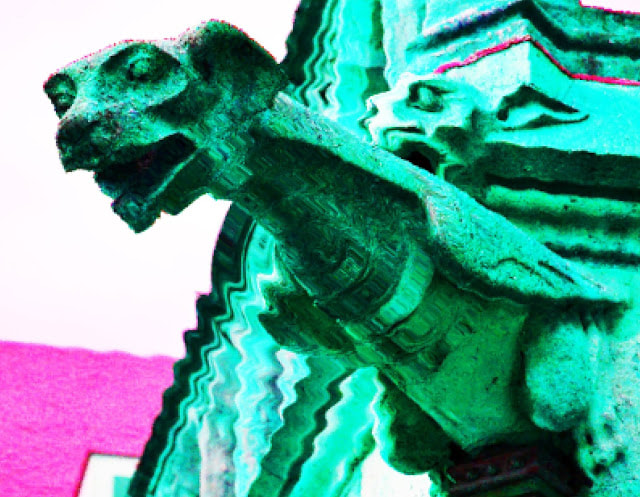

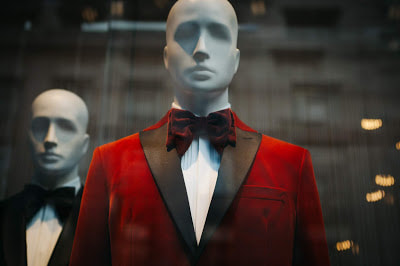

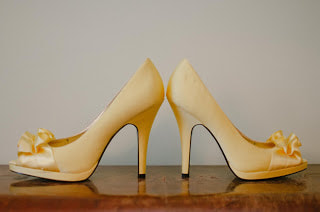
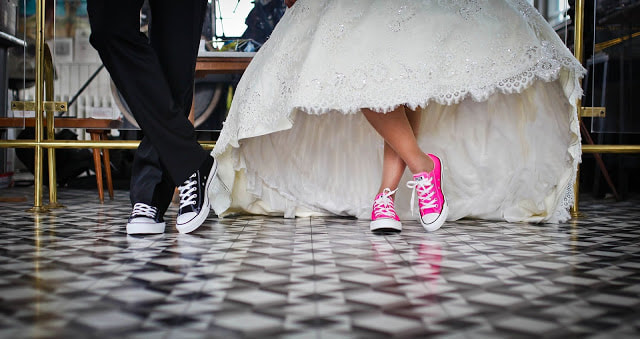
 RSS Feed
RSS Feed